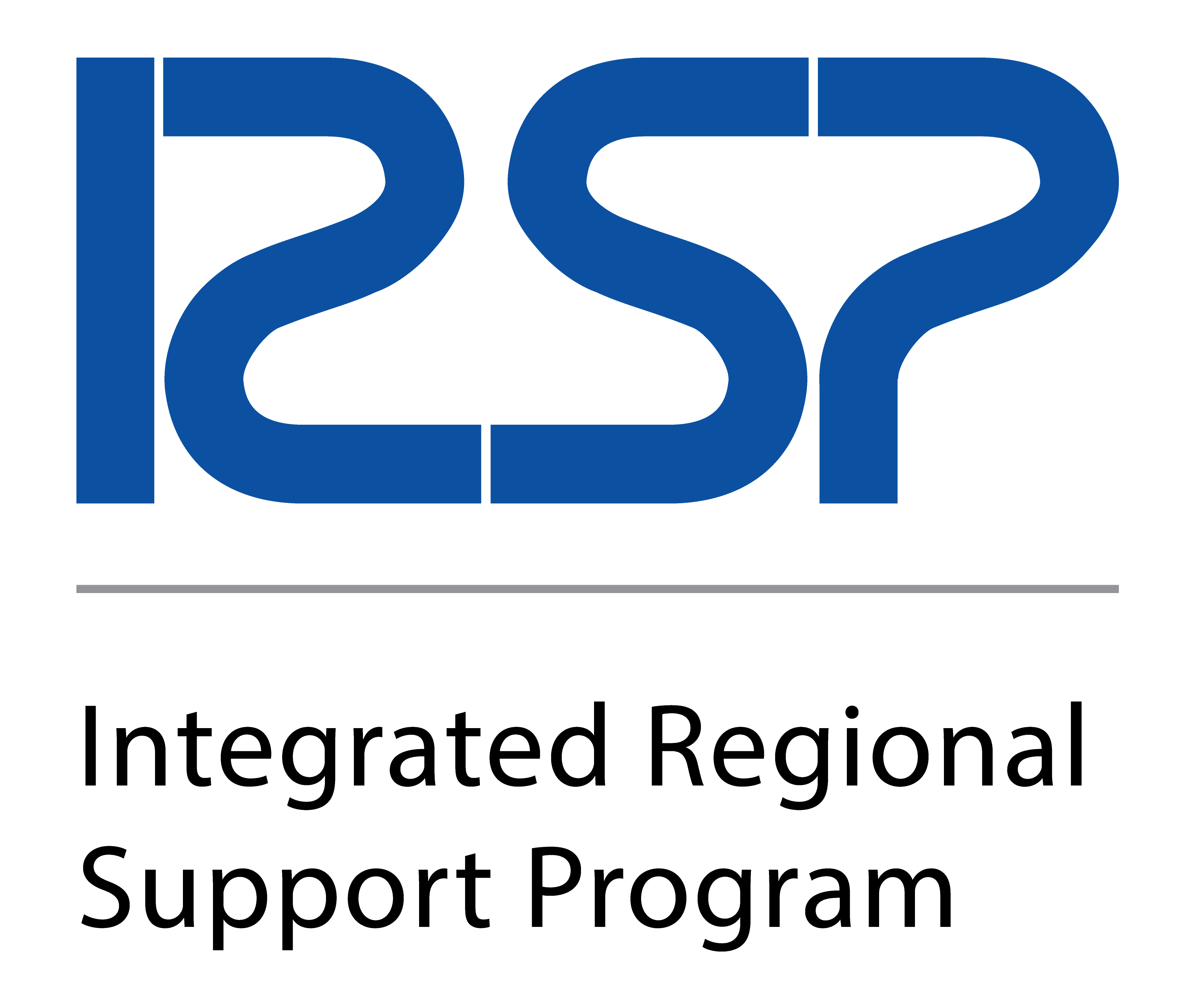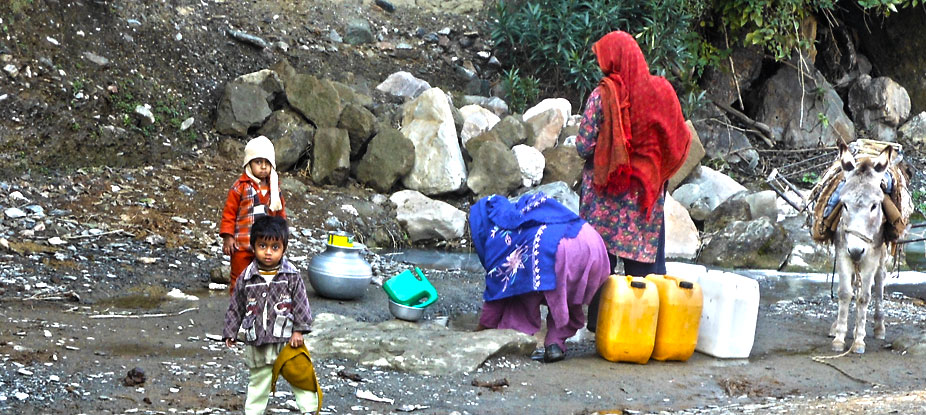Project Name:
Strengthen Capacity in taking forward Community Led Total Sanitation in Pakistan & strengthen institutional mechanisms for community based water supply schemes in Pakistan
Supported by: WSP-SA
Project Duration: December, 2009 to April 2011
Target Area: Khayber Pakhut Khwah (KPK), Pakistan
Major Events:
- Provincial level workshop on water and sanitation issues in KPK Pakistan
- District level Orientation workshop for TMAs, PHED, NGOs, CBOs and other local organizations working for the welfare of the communities
- Tehsil workshop on CLTS and water related issues in rural areas for TMA, PHED, NGOs, CBOs and CCBs
- Exposure visits of different stakeholders to best WASH models in Pakistan
- Research on WASH issues in Pakistan
- Training of community practitioners on CLTS approach
- Training bare foot consultants on CLTS and low cost sanitation options
- Action planning with TMA, PHED, NGOs and other local organizations for the implementation of CLTS approach
Project Objectives
- Provide needs based trainings to stakeholders (elected representatives and NGOs)
- Orientations, exposures and capacity building activities to provincial and local governments
- Institutionalization of CLTS approach and to enhance the use of participatory processes in the delivery of sanitation, hygiene and water services in the rural communities
- Enabling CSOs, local govt. and elected representative to have a voice in the policy making process
Expected outputs:
- The capacity of selected Provincial Assembly Members built on CLTS
- Number of provincial level stakeholders oriented on CLTS
- 100 practitioners on CLTS trained from different organization and community
- The capacity on Tehsil level stakeholders capacity built on CLTS and enabled to prepare action plan on Tehsil level
- Increased awareness regarding CLTS in all developments on provincial level
- 50 barefoot consultants identified and trained to scale-up CLTS
- Increased awareness of 100 vendors of sanitary accessories and introduction of low cost latrine design available in the market
- Researched carried out and various kinds of low cost latrine demonstrated
- Action plan templates developed and available to Tehsil level action planning committee.
- Locally developed IEC material developed and distributed
- TMA, PHED and NGOs were trained to successfully operate, maintain and rehabilitate the RWS and train community members on best practices on community managed RWS schemes
- Services agreement format developed between the provider and beneficiaries and tested on Tehsil level
- IEC material regarding best options on community based RWS developed and distributed among stakeholders
- 10 Exposure visits arranged to share experience at different level
- Final report compiled and dispatched to DONOR
Methodology:
The project activities will comprise of participatory learning, exposure visits, field experience sharing, research and development which will be the main theme of the project. The available data regarding water and sanitation will be assessed and shared with stakeholders for feedback. The stakeholders will be convened to attend a series of meetings to discuss the challenges in water and sanitation sector and discuss strategies and planning for the implementation of project activities.
The workforce for the implementation of the activities will be oriented and tasks will be assigned to every staff member.
Secure and comfortable venues will be arranged to ensure smooth activities while implementing the program. The relevant information regarding workshop/training will be conveyed to stakeholder, invitation will be furnished to concerned stakeholders a week before the scheduled event.
Each assignment will be followed by an assignment report. Before inviting the stakeholders to a workshop/training they will be asked to record their views on the current water and sanitation situation in their respective areas and their views for the betterment of the challenge. The stakeholders will be requested to furnish this office with their views regarding the assignment and its benefit for them and the society/sector.

